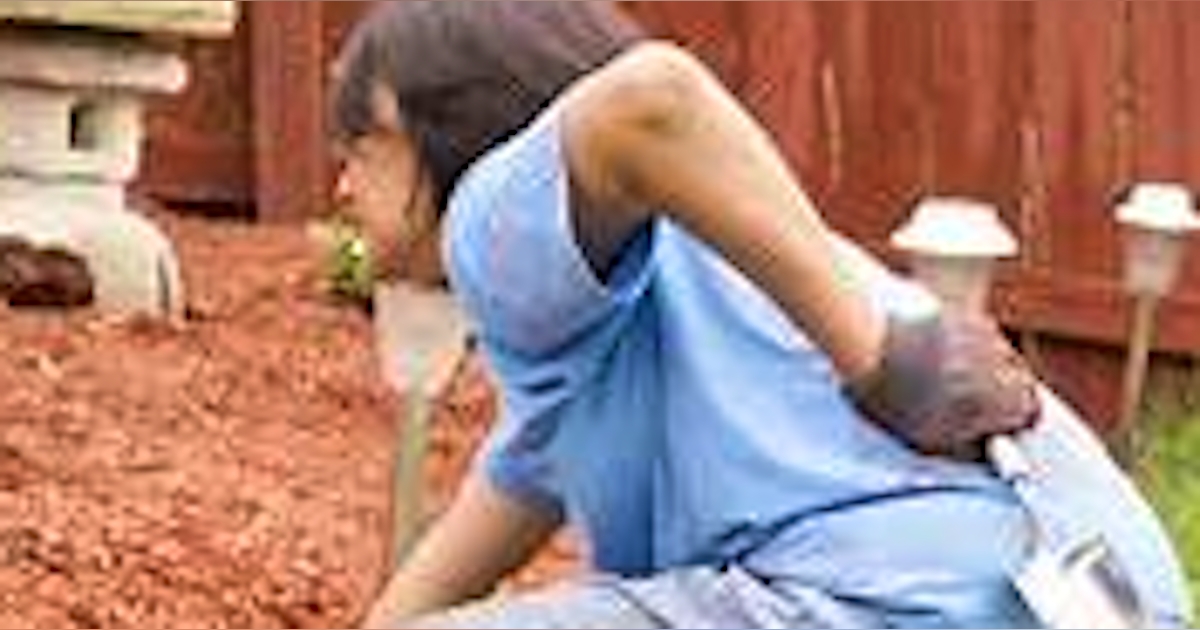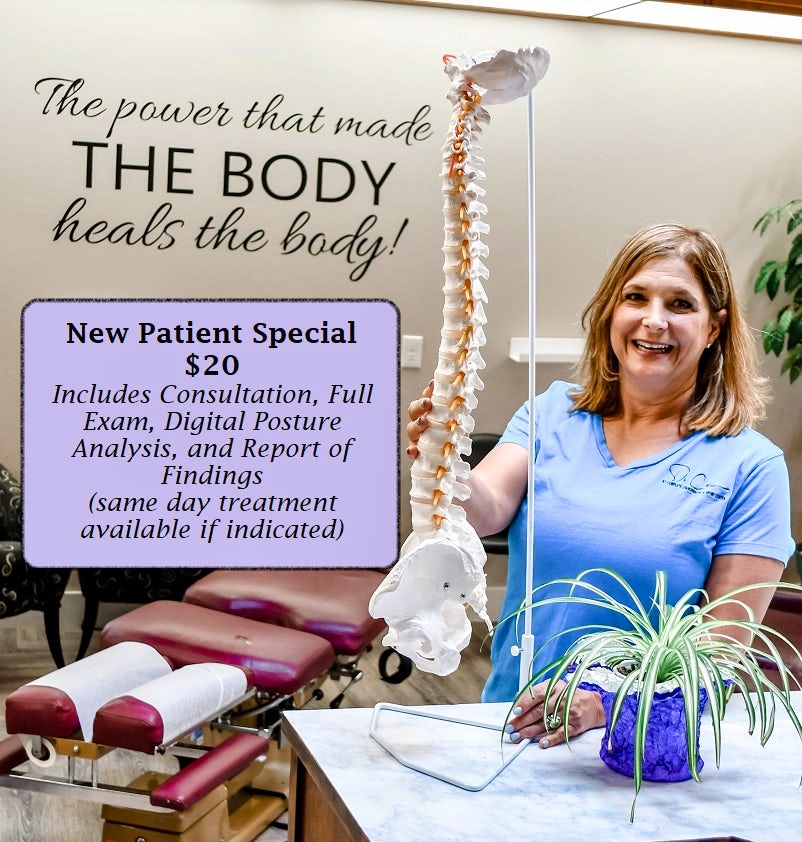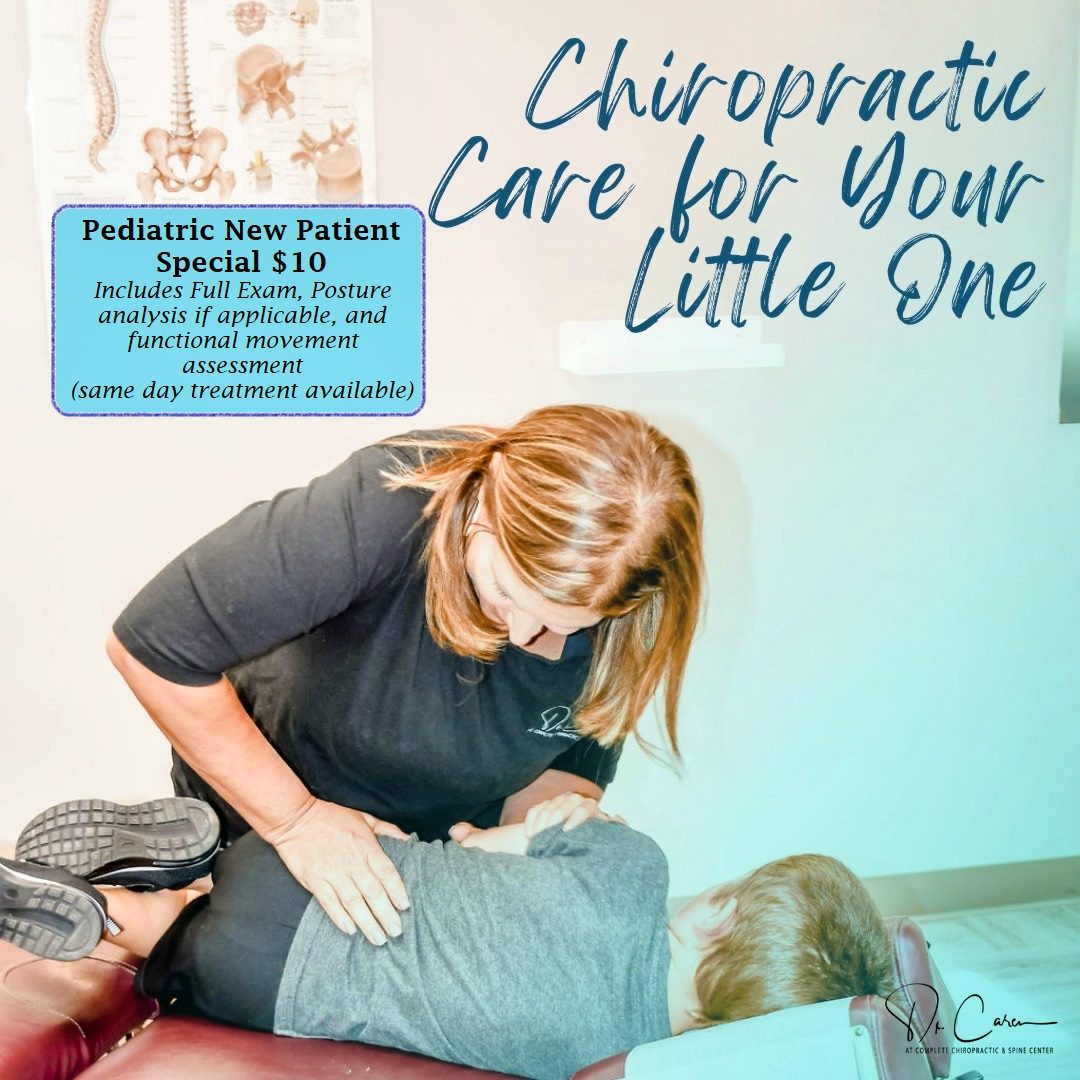
Gardening is a delightful activity that brings us closer to nature, providing both mental relaxation and physical exercise. However, the repetitive motions and prolonged periods of bending and kneeling can put significant stress on our spines, leading to discomfort and sometimes even pain. As we delve into the joys of tending to our gardens, it's crucial to be aware of the potential strain on our spinal health and consider the benefits that chiropractic care can offer in maintaining a healthy back. Understanding Spinal Stress in Gardening The physical demands of gardening are often underestimated. Tasks such as planting, weeding, pruning, and lifting heavy objects can all contribute to spinal stress over time. Here are some common ways gardening can strain the spine:
- Bending and Kneeling: Constantly bending forward or kneeling for extended periods can strain the lower back, leading to muscle fatigue and discomfort.
- Lifting Heavy Objects: Moving heavy pots, bags of soil, or tools without proper lifting techniques can put undue pressure on the spine, leading to strains or injuries.
- Repetitive Motions: Activities like raking, hoeing, or digging involve repetitive motions that can strain the muscles and joints of the back, neck, and shoulders.
- Poor Posture: Maintaining improper posture while gardening, such as slouching or twisting awkwardly, can contribute to spinal misalignment and pain. The Role of Chiropractic Care Chiropractic care focuses on the diagnosis and treatment of musculoskeletal disorders, including those affecting the spine. Chiropractors use manual techniques to adjust and realign the spine, relieving pressure on nerves and promoting overall well-being. Here's how chiropractic care can help alleviate spinal stress related to gardening:
- Spinal Alignment: Chiropractic adjustments aim to correct misalignments in the spine, known as subluxations. By restoring proper alignment, chiropractors can reduce pain and improve range of motion, making it easier to move and perform gardening tasks without strain.
- Muscle Relaxation: Chiropractic techniques such as spinal manipulation and soft tissue therapy help relax tight muscles, reducing stiffness and soreness commonly experienced after gardening.
- Postural Correction: Chiropractors can assess your posture and provide guidance on ergonomic techniques to prevent spinal stress while gardening. This includes proper lifting mechanics, body positioning, and stretching exercises.
- Pain Management: If you're already experiencing back or neck pain from gardening, chiropractic care can provide drug-free pain relief through targeted adjustments and therapeutic modalities. Incorporating Chiropractic into Your Gardening Routine To maximize the benefits of chiropractic care for spinal health while gardening, consider the following tips:
- Preventative Care: Schedule regular chiropractic visits, especially before and after the gardening season, to address any underlying issues and optimize spinal health.
- Proper Warm-Up: Prior to gardening, perform gentle stretching exercises to warm up your muscles and improve flexibility, reducing the risk of strain.
- Use Ergonomic Tools: Invest in ergonomic gardening tools designed to reduce strain on your back and joints, such as padded kneelers, long-handled tools, and lightweight equipment.
- Take Breaks: Pace yourself while gardening and take frequent breaks to stretch, hydrate, and rest your back muscles.
- Listen to Your Body: Pay attention to any signs of discomfort or pain while gardening, and don't hesitate to seek chiropractic care if you experience persistent symptoms. Conclusion Gardening is a wonderful way to connect with nature and enjoy the therapeutic benefits of outdoor activities. However, it's essential to prioritize spinal health and take proactive measures to prevent and alleviate spinal stress. Chiropractic care offers a holistic approach to managing spinal issues, promoting proper alignment, pain relief, and improved mobility, ensuring that you can continue to garden with grace and joy for years to come.






